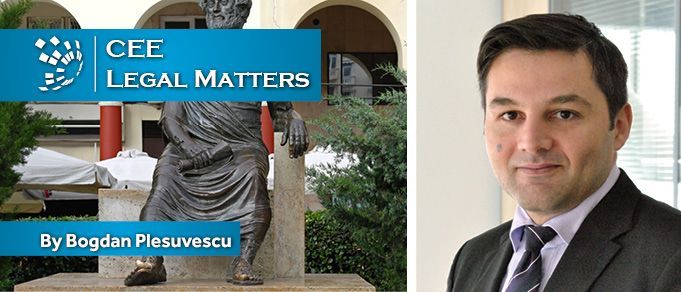More than 20 years ago, I was introduced to the Sophists Aristotle, Socrates, Euripides, Plato, and Protagoras: The first lawyers of the world.
“Man is the measure of all things,” remember?
I was taught from early beginnings, that “it is equally possible to affirm and to deny anything of anything,” that “law and morality are themselves natural developments, necessary for human survival and the growth of civilization,” and the relativity of truth of all judgments.
Sophists used their considerable wealth of knowledge, making correct use of the language, to persuade, accuse, or defend people and ideas.
The use of this proper relationship between language and knowledge made the Sophists popular; Hated or loved, Sophists contributed to democracy the propositions that every person has the freedom of speech, the right to have his/her ideas heard, the right of defense, and the presumption of innocence. Such principles, which now form the base of our society, were created in Ancient Greece.
Yet, these days, it’s common to hear complaints about the contracts lawyers draft that: “It was all in legalese, with no spacing between paragraphs … It was just a huge wall of type.”
The Solution? Technology, of course. One of the useful tools is the Flesch–Kincaid Readability Test: A test developed over 30 years ago to indicate how difficult a passage in English is to understand. Although these tests were designed initially to assess the difficulty of technical manuals, they are now used extensively in the field of education. The Flesch–Kincaid Grade Level Formula presents a score as a U.S. grade level, making it easier for teachers, parents, librarians, and others to judge the readability level of various books and texts. It can also mean the number of years of education generally required to understand a text, relevant when the formula results in a number greater than 10.
Contracts have adjusted to the new tool. Thus, one can read in some agreements, especially those involving consumers, variations on this: “Certificate of Readability and Acknowledgment: I certify that the information shown above is correct, and the enclosed contract submission: (1) is drafted in plain language; (2) meets the minimum font type and font size requirements and (3) has a Flesch-Kincaid score that does not exceed the maximum Flesch-Kincaid score for the type of contract shown below.”
Moreover, we see more and more titles like this: “Lawyers Could Be the Next Profession to Be Replaced by Computers”; “Technology Will Replace Many Doctors, Lawyers, and Other Professionals”; “Lawyers are Being Replaced by Machines that Read”; “Why Hire Lawyers? Computers are Cheaper”; and “Will Lawyers Be Replaced by Robots?”
Put another way, I am reminded of an article that recently appeared in the online Quartz publication, reminding us that “lawyers are the professionals everyone loves to loathe. Jokes about attorneys abound, and Shakespeare’s line from Henry VI remains a cultural favorite: ‘The first thing we do, let’s kill all the lawyers.’ Soon, that dream may come true, and machines will be the ones to do it, as academically trained attorneys are increasingly being replaced by technology to analyze evidence and assess it for relevance in investigations, lawsuits, compliance efforts, and more.”
Survival in the battle with technology lies within us: We should go back to our roots, put our knowledge to use, and use technology as a tool, not as a replacement. Otherwise, as the author of the article on Quartz noted publication noted recently: “The better the world gets at simulating the outcome of your labors, the more redundant you start to appear.” One day then, the publication predicted, even John Roberts, Chief Justice in the US Supreme Court, may be replaced by Chief Justice Robot.”
This Article was originally published in Issue 4.4 of the CEE Legal Matters Magazine. If you would like to receive a hard copy of the magazine, you can subscribe here.

















